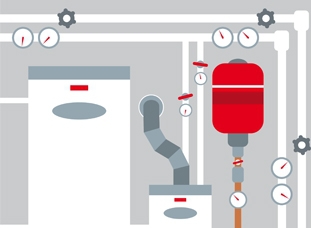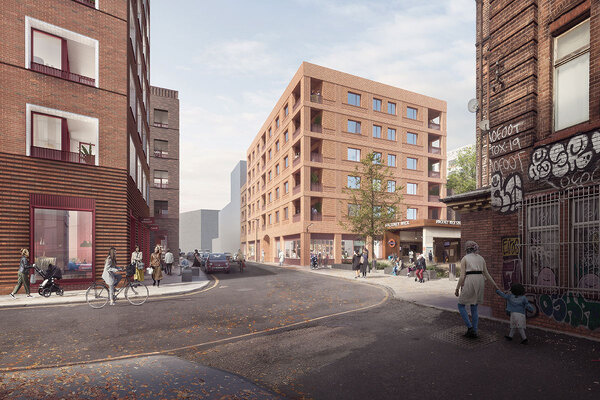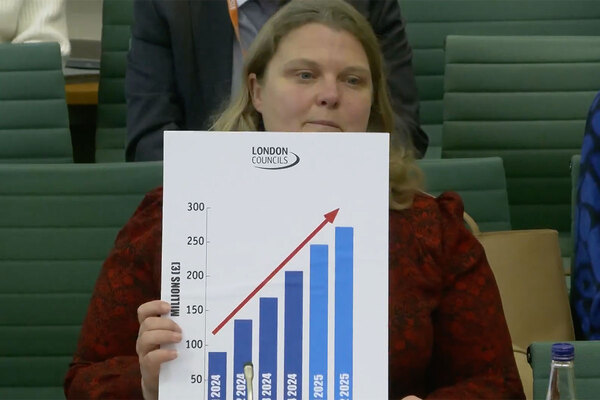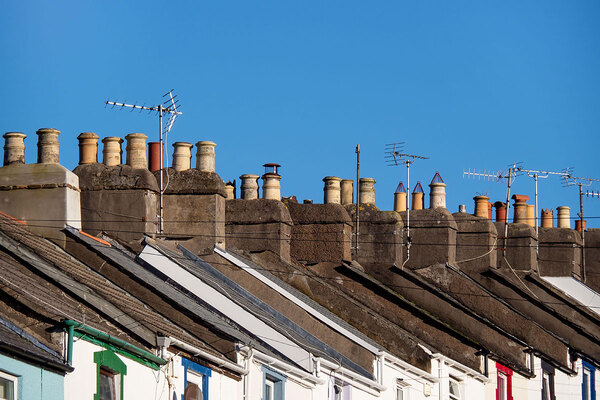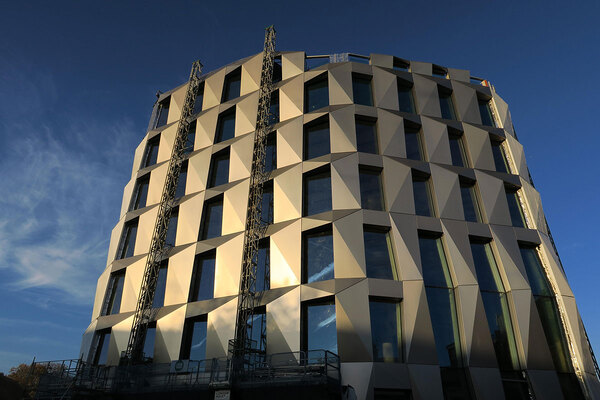Benefits of communal heating
Communal heating systems are great but need to be implemented correctly, argues Mr Anonymous
Recently I’ve been going into a lot of boiler rooms in various social housing schemes and seeing, time after time, horrific amounts of unnecessary energy wastage. Around 10,000 to 15,000 communal heating systems are in operation around the UK, providing space heating and hot water to social and private residential blocks specifically.
Only this week I’ve been in the north east assessing communal heating systems for sheltered schemes.
I spoke to a couple of older ladies - one of them had a coat on and they were standing next to a radiator which was uncontrolled and emitting a lot of heat. According to my temperature probe, the air temperature where they were standing was 29C. Above the radiator was an open window. They complained that if the window was not open, it was stifling.
The system was well overdue for replacement, had no control on the boilers to limit water temperature in milder weather or separate heating and hot water provision. This is something I see time and time again.
Another scheme in Surrey had corridors which nearly made me pass out due to the heat. Upon investigation, in the suspended ceiling void, the main flow and return pipework was almost completely uninsulated. What’s all the more galling is that although communal boiler systems are gradually being upgraded, more efficient boilers and hot water generators installed and the controls improved, it is a painfully slow process. Funding from the energy company obligation helps to offset some of the cost, but there is little evidence among social landlords that it is proactively speeding up or improving the quality of communal heating refurbishments.
I went into another boiler room for a social landlord in Liverpool a few weeks ago. New boilers had been installed within the past couple of years, but the heating plant had just been replaced like-for-like - taking no account of improvements to insulation levels over the last few years. The condensing boilers were set to the wrong temperature.
Admittedly, fixing up the boiler rooms of communal heating schemes is not as eye-catching as installing a biomass boiler or other renewables. But the government should be focusing attention on this issue nonetheless, and using a much more holistic approach to specifying the replacement of existing heating systems to eradicate unnecessarily high heating bills.
Sustainable Housing’s anonymous columnist is an environmental engineer

